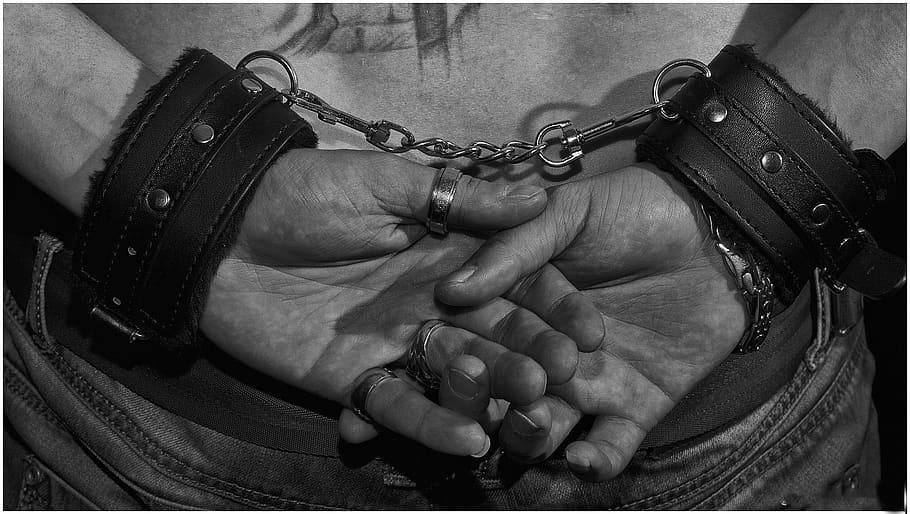Introduction
In recent years, disputes between telecom companies and customers over unpaid bills have become more contentious, especially in the United Arab Emirates (UAE), where the legal and financial systems have been particularly strict. A notable example of this phenomenon surfaced in 2018 when the issue of unpaid Etisalat bills led to a travel ban on certain individuals. In this article, we will explore the implications of unpaid Etisalat bills, the concept of travel bans, and the police cases that arose around these matters, specifically focusing on the developments in 2018.
Figure 1: Office of Etisalat
Consequences of UnPaid Etisalat bills
Here are the key consequences of not paying an Etisalat bill:
1.Initial reminders and fees
The first step taken by service providers like Etisalat and Du usually involves sending reminders about overdue payments. These reminders notify customers of their financial responsibilities.
Notification Process
Service providers often initiate contact through automated calls or text messages to remind customers of unpaid bills. Follow-up letters may detail the amount owed and potential consequences of continued nonpayment.In many cases, service providers will impose late fees after a certain period of non-payment. These fees can add up quickly, increasing the total amount due and complicating the consumer’s financial situation.
- Service suspension and restrictions:
If the unpaid bills remain unresolved, the next step typically involves service suspension. This action occurs after several reminders and notifications have been ignored.
Disconnection of Services:
The most immediate consequence of non-payment is the disconnection of electricity and water supply. This can significantly impact your daily life, especially in a city like Dubai, where these utilities are essential for basic functions.

Legal Action:
In cases of persistent non-payment, DEWA may take legal action against the defaulter. This can include court proceedings, property liens, and even imprisonment in extreme cases.
Figure 2: Legal action taken against non-pairs
- Travel ban
One of the most severe consequences of an unpaid Etisalat bill in the UAE is the potential for a travel ban. This measure is typically used for significant or chronic debtors.
How It Works
If you have an unpaid bill, Etisalat can report the debt to the police or the relevant authorities. As a result, a travel ban may be imposed, which prevents you from leaving the country until the debt is settled. This means you could be stopped at the airport or be unable to travel for work, vacations, or other personal reasons.
Impact on Expatriates
For expatriates, this is particularly problematic, as it could affect job opportunities, family visits, and planned vacations. A travel ban can cause considerable inconvenience, especially for those who need to travel regularly for business or personal reasons.
Figure 3: Travel is banned for persons who haven’t paid Etisalat bills
- Collection actions
If the bills remain unpaid after suspension, service providers may resort to more aggressive actions, such as involving collection agencies or pursuing legal actions. Many utility companies sell the debt to third-party collection agencies, who will then attempt to recover the amount owed. Having a debt sent to a collection agency can further damage a consumer’s credit score.
Legal Steps
In cases of significant debt, the service provider may initiate legal proceedings to recover the owed amount. This could include civil suits or other legal actions.
- Personal and Professional impact
The consequences of an unpaid Etisalat bill can go beyond just financial penalties:
Job Loss or Disruption
For expatriates, having an unresolved debt can lead to job-related problems, particularly if the individual is unable to travel or work due to a travel ban. Employers in the UAE are unlikely to be sympathetic to employees facing legal or financial difficulties.
Family Issues
A travel bans or the inability to access phone services can disrupt family life, particularly if the individual cannot visit family members abroad or stay in touch with loved ones due to disconnection of mobile or internet services.
- Legal actions and Police cases
When unpaid bills escalate into legal actions, various processes are initiated. Understanding the legal landscape can help consumers navigate these situations more effectively. Service providers often follow a structured process when pursuing legal actions against consumers.
Formal Complaints
Providers may file formal complaints when they feel that they have exhausted all other options for debt recovery. A formal complaint typically requires specific documentation detailing the debt and the actions taken to recovery. Once the complaint is filed, it initiates the legal process, and the consumer is typically notified of the proceedings.
Figure 3: Civil Case
Civil Suits
In some cases, a civil suit may be filed as a means to recover unpaid amounts.Civil suits lead to court proceedings where both the service provider and the consumer can present their cases.Depending on the court’s decision, the consumer may be required to pay the outstanding amount, legal fees, or face other penalties.
Nature of Police Involvement
Police may be called upon to investigate suspected fraudulent activities related to unpaid bills, including identity theft or billing manipulation. If sufficient evidence of fraud is uncovered, criminal charges may be brought against the individual responsible.
Role of Police in Debt recovery
Understanding the specific role that law enforcement plays in debt recovery is essential for consumers who find themselves in legal turmoil due to unpaid bills.Law enforcement may become involved in cases where accounts are suspected to have been opened fraudulently.
Investigative Procedures
Police will gather evidence to determine if any fraudulent activity has taken place. Often, service providers will collaborate with police to provide evidence and support during investigations.Serious cases involving criminal activities related to unpaid bills may lead to more extensive police investigations.

Criminal Charges
Depending on the severity of the situation, individuals may face charges ranging from misdemeanors to felonies.It is crucial for anyone facing criminal charges to seek legal representation to navigate the complexities of the legal system.
Frequently Asked Questions
- What happens if I don’t pay my Etisalat bill?
If you do not pay your Etisalat bill in the UAE, there are a series of escalating consequences like service suspension, travel ban, late payment fee, debt collection, or negative impact on credit etc.,
- How do I check my Etisalat bill?
To check your Etisalat bill, there are several ways you can do it, depending on your preference and convenience like you can use the Etisalat UAE mobile app, through their website or by SMS
- How long does an Etisalat travel ban last?
The travel ban will remain in effect until the full amount of the unpaid bill is paid off, including any additional late fees, penalties, or charges that may have accrued over time.
- Can unpaid bills impact job opportunities?
Yes, unpaid bills, including Etisalat bills, can potentially affect job opportunities in the UAE, especially if the issue escalates into legal or financial complications.
- Can I pay my Etisalat bill online?
Yes, you can pay your Etisalat bill online through a variety of convenient methods like through their mobile app, website or Etisalat payment portal.








